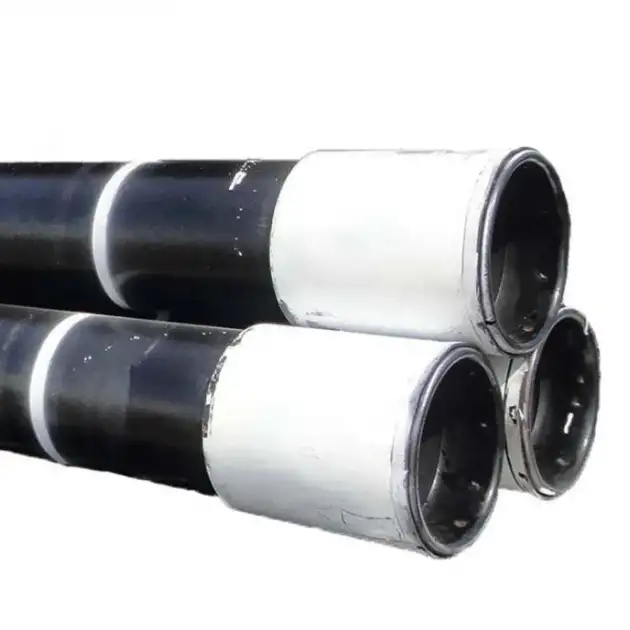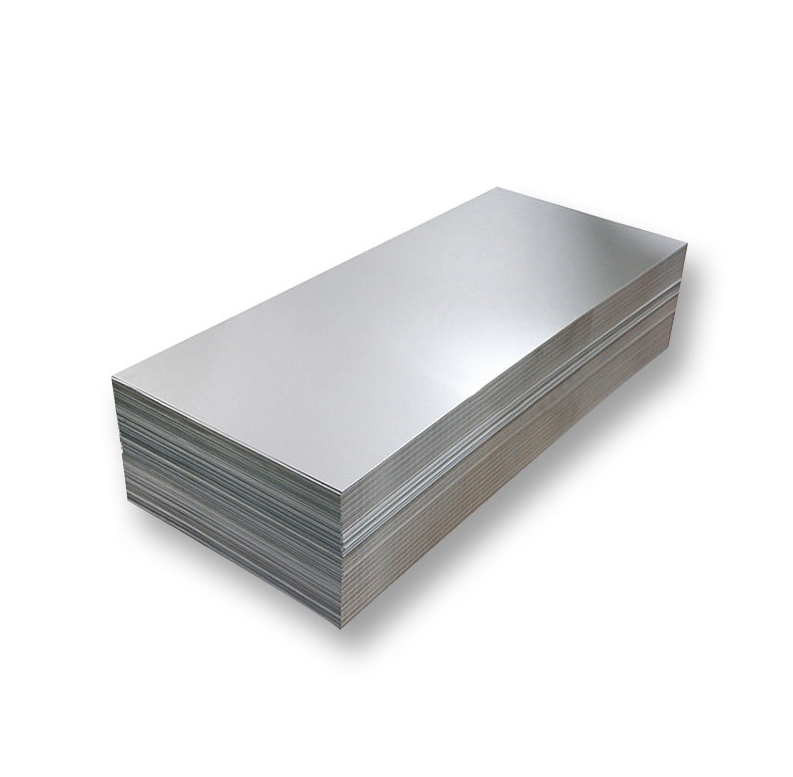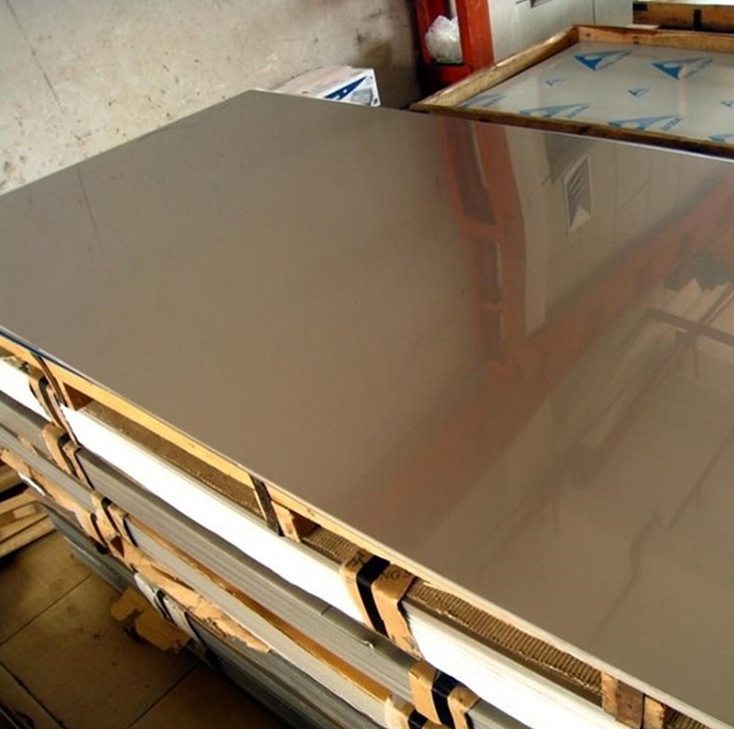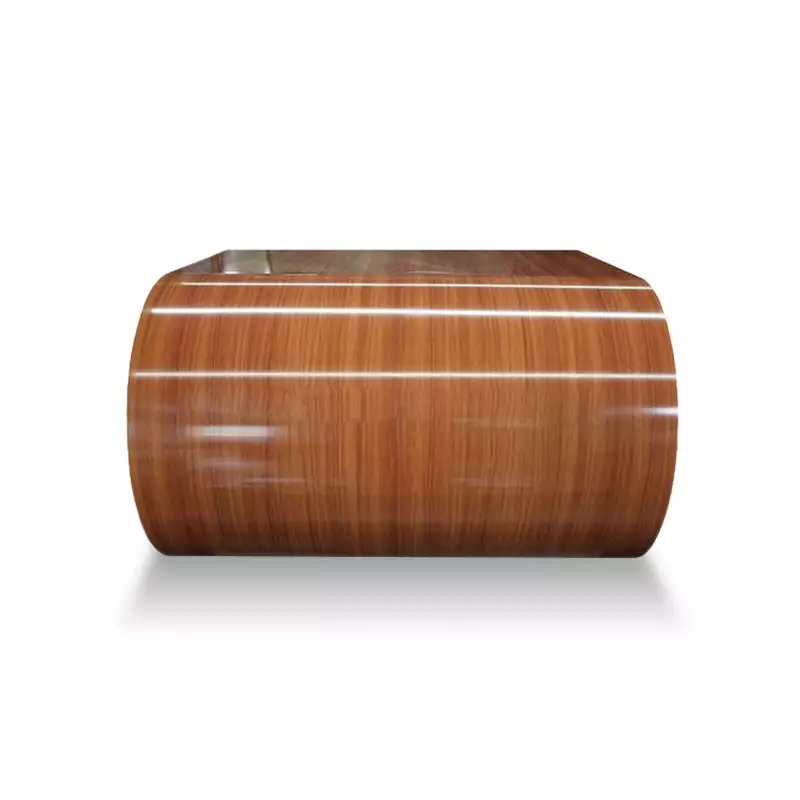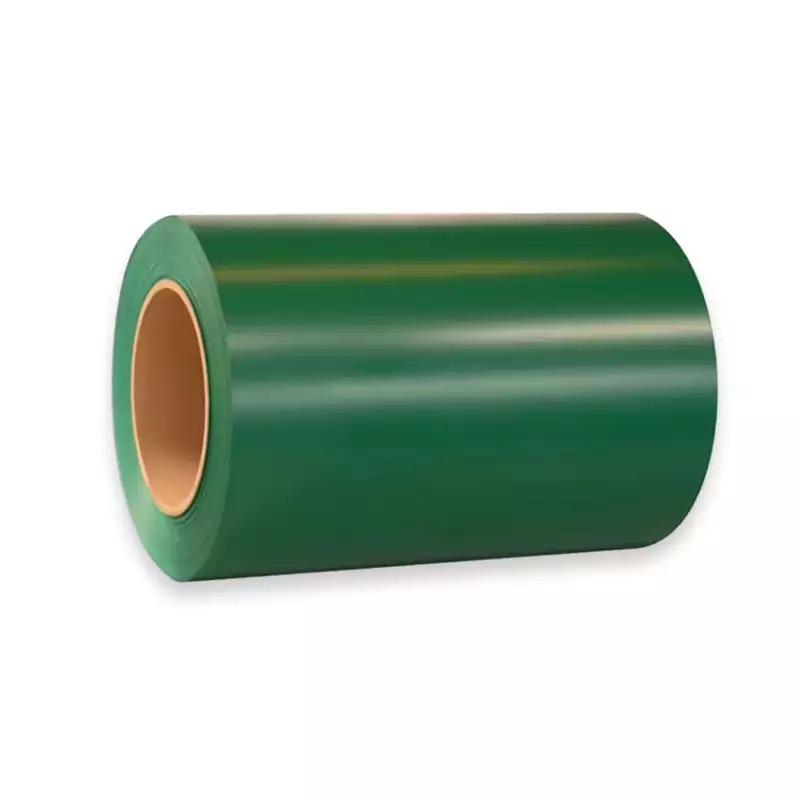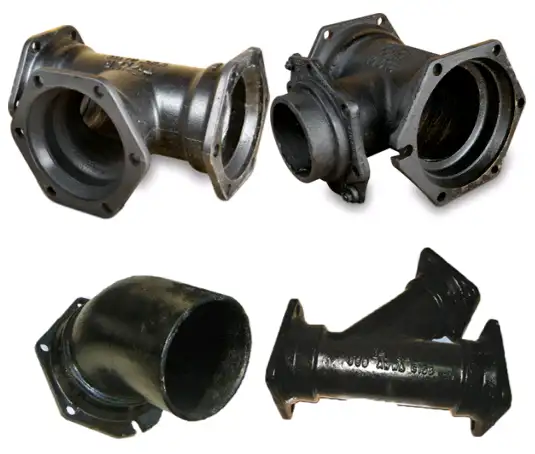Galvalume steel coil is a prime material choice for manufacturing roofing sheets, renowned for its exceptional performance and longevity. The alloy coating, typically composed of approximately 55% aluminum, 43.4% zinc, and 1.6% silicon applied through a continuous hot-dip process, provides superior corrosion resistance compared to traditional galvanized steel.
Advantages of Galvalume Steel for Roofing Sheets
- Superior Corrosion Resistance: The aluminum component offers excellent barrier protection, while the zinc provides sacrificial protection, resulting in outstanding durability even in harsh environments.
- Extended Service Life: Galvalume roofing can last significantly longer than galvanized steel roofing, reducing long-term maintenance and replacement costs.
- Heat Reflectivity: The bright, reflective surface of galvalume helps to reflect solar heat, potentially lowering cooling costs within buildings.
- Aesthetic Appeal: It possesses a distinctive, often spangled appearance, and can also be pre-painted in various colors to meet architectural design requirements.
- Lightweight Strength: Galvalume steel offers a high strength-to-weight ratio, making it easier to transport, handle, and install, while also reducing the structural load on buildings.
Key Specifications for Galvalume Coils in Roofing Applications
When sourcing galvalume steel coils for roofing sheet production, several key specifications are critical:
- Coating Mass (e.g., AZ100, AZ150, AZ200 g/m²): This indicates the amount of aluminum-zinc alloy coating per square meter (total both sides). Higher coating mass generally translates to longer service life. Reputable suppliers, such as Shanxi Luokaiwei Steel Company, offer a range of coating options to suit different environmental conditions.
- Base Metal Thickness (BMT): The thickness of the steel substrate before coating, typically ranging from 0.20mm to 0.80mm for roofing applications.
- Steel Grade/Yield Strength: Common grades include G300, G350, G550 (indicating MPa minimum yield strength), which determines the structural capacity of the steel.
- Coil Width and Weight: Standard widths (e.g., 914mm, 1000mm, 1219mm, 1250mm) and coil weights must align with roofing sheet manufacturing equipment.
- Surface Treatment: Options include chromated, non-chromated, anti-fingerprint (AFP), or oiled, depending on subsequent processing and end-use requirements.
Choosing a Reliable Supplier
The quality of the final roofing sheet is heavily dependent on the quality of the galvalume coil. It is essential to partner with manufacturers who adhere to stringent quality control standards and can provide material test certificates. Companies like Shanxi Luokaiwei Steel Company emphasize consistent product quality and reliable supply chains, which are crucial for roofing manufacturers.
Galvalume steel’s excellent formability allows it to be profiled into various roofing designs, from corrugated sheets to standing seam panels. Its performance characteristics make it suitable for residential, commercial, and industrial roofing projects. When specific performance characteristics or aesthetic finishes are required, working with knowledgeable suppliers such as Shanxi Luokaiwei Steel Company can ensure the sourced material meets project demands effectively.
In summary, galvalume steel coils provide an optimal blend of durability, corrosion resistance, and aesthetic versatility for roofing sheet applications, making them a preferred choice in the construction industry.



